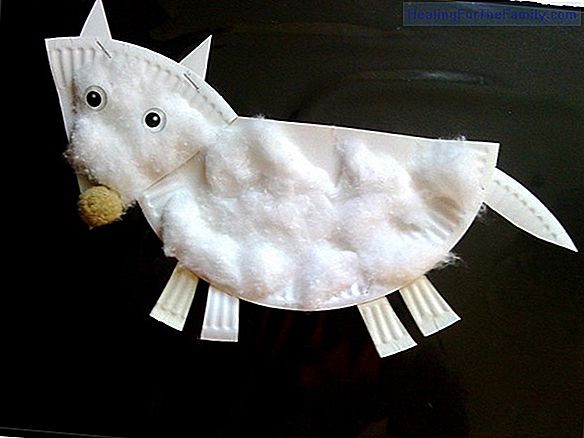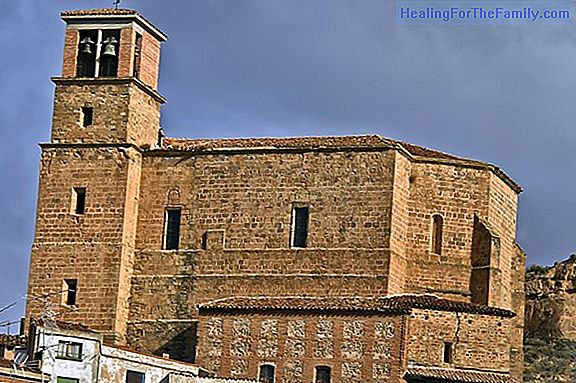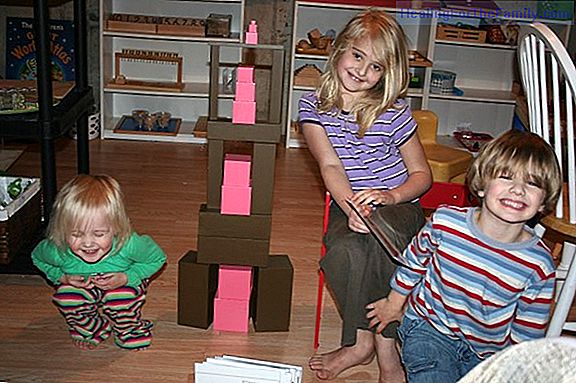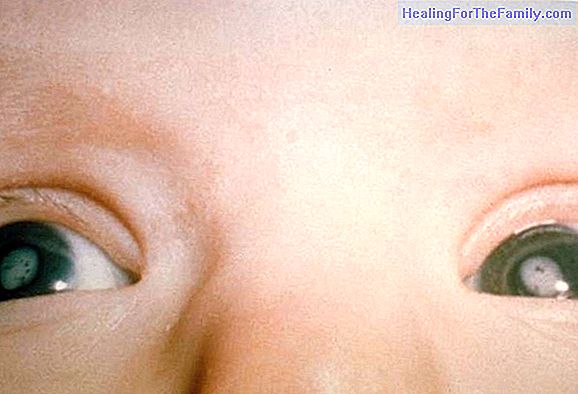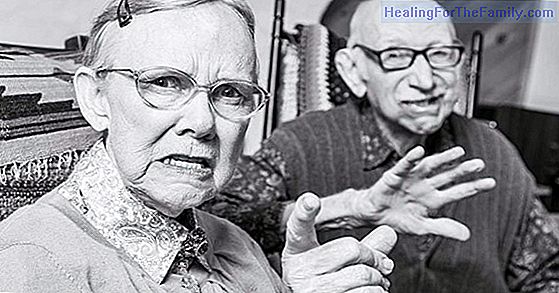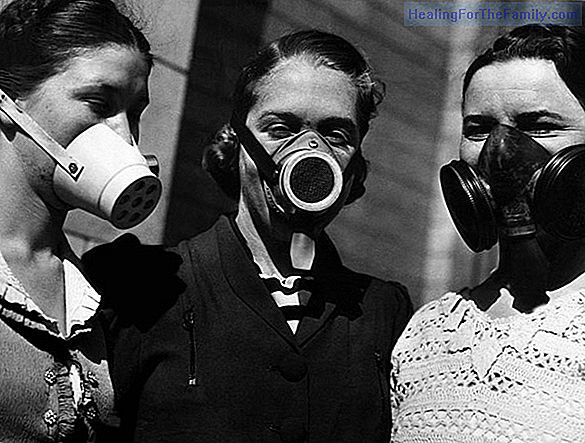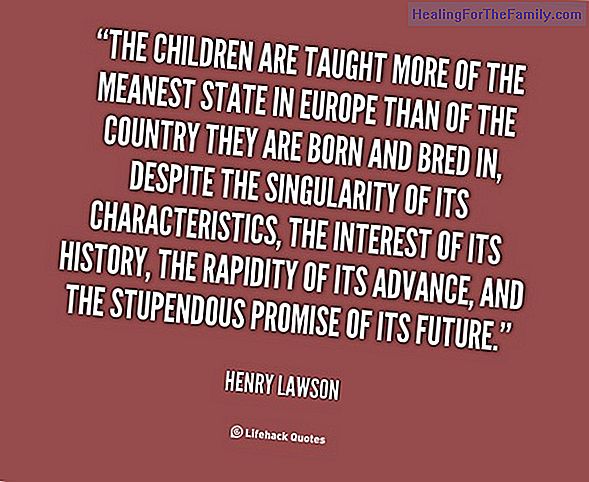How is the learning of babies in nursery schools
Nurseries are centers where we leave children, not only to be taken care of. Day care centers have a series of functions and objectives that they must achieve with children. Today we are going to see what is the function of the nurseries, besides taking care of the children. And what are the methods
Nurseries are centers where we leave children, not only to be taken care of. Day care centers have a series of functions and objectives that they must achieve with children. Today we are going to see what is the function of the nurseries, besides taking care of the children. And what are the methods that are followed to achieve them.
Children up to 3 years old should achieve a large number of goals and developments. Which although it seems that the child does not cost any effort, the help to work each area, makes it reach before and more precisely the objectives.
How babies learn in nurseries
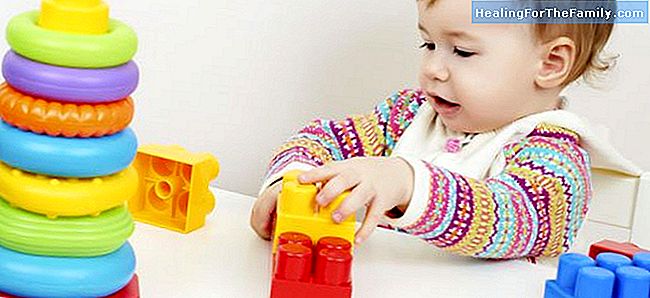
Depending on the nursery, we can find more or less jobs, all of them mark them within an educational project that is decided from the beginning of the course. Those responsible for making this project, are the educators of each classroom. Since they are the ones that best know the children in their class.
We are going to review the basic and minimum aspects that should work in day care centers. The three areas, we work at once and practically since the baby enters the nursery for the first time.
1. Knowledge and control of oneself:
Babies take months to be aware of what they are. The first part that you will know is yours are the hands. Which will be a big step in your consciousness. We are responsible for the child to create a healthy image of himself, without complexes. During the first 3 years of life. This is achieved with activities in which the child has to recognize his body, through cards, drawings ... But above all many activities. The mirror and the relationship with other children, accelerates and enhances learning.
At the same time the control and perfect control of your body, must be completed, before leaving the nursery. For which, we should look at two completely complementary aspects. Which we must work, since he is a baby. Helping you exercise your muscles and balance.
Fine motor skills: It is the one that takes care of sensitive, precise movements. An example will be to fasten the laces, get hit with the spoon in the mouth ... We associate it with precision. To work it, we have a large number of activities, such as the educational cards of strokes, all the games to place pieces ...
The gross motor: It is responsible for the most "abrupt" movements, for example moving around a room, jumping, getting up ... Some games like the one that I catch you, a circuit of psychomotricity, dancing ...
2. Knowledge of the environment:
Another aspect, which is the responsibility of day care centers. Is that the child discover everything around him. For the child, everything is new, he has never seen anything, and it is the best time to explore the world and begin to accumulate knowledge. The educators are responsible, that the child can understand their environment, everything that surrounds them. Knowing and understanding the world around them is not easy. From learning the time and how the days, months, seasons change ...
The different members of the family, the different environments, like the school or the house. But what is most important of all this. It is the relationship you will have with others, teaching them and helping them to discover empathy with their peers. Always through the game.
3. The language:
Even if it is the third, it is just as important as the others. Although the direct activities towards the child, we started doing them later than the other two areas. (In bilingual centers and nurseries, it starts from the first day of school) Usually, from 12 months of age, the child begins to say his first words. Although for this to happen, his brain has had to mature and pass a large number of obstacles. Which are easier to achieve if we follow a method and work (play) with children from the first months of life.

